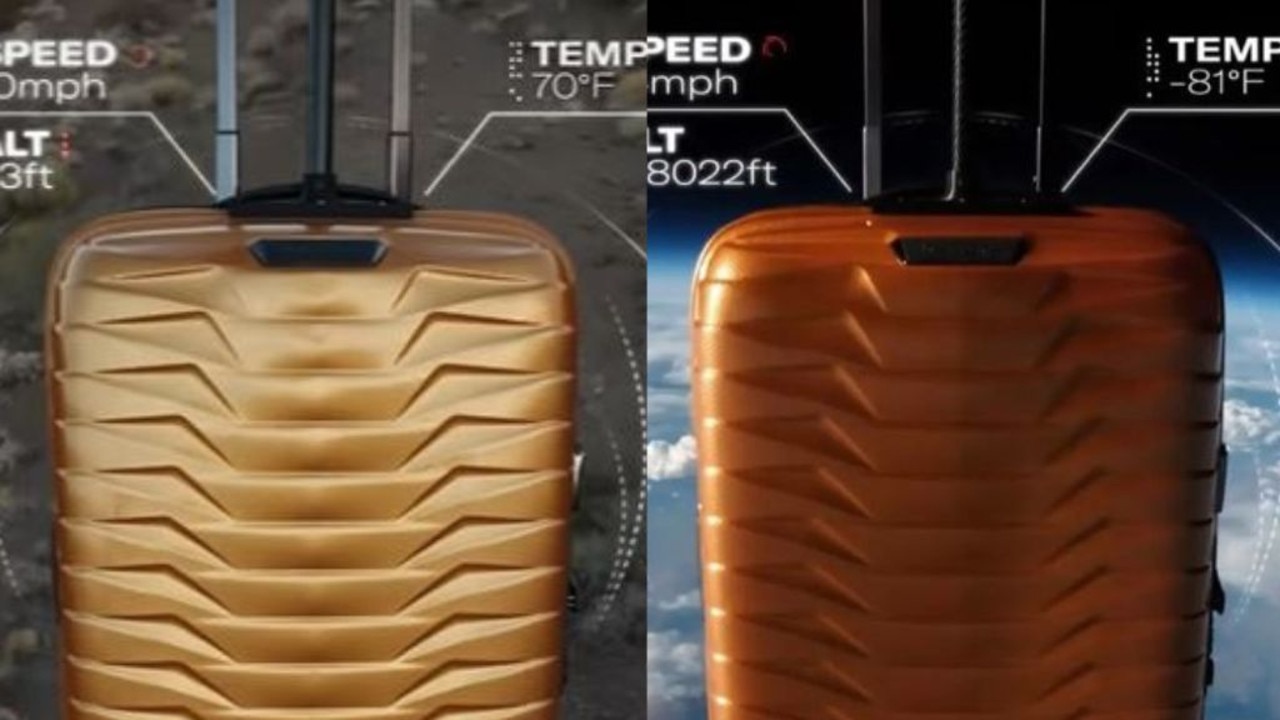‘Unacceptable’: Unspoken rule in Japan that Australian tourists need to know
While Australian holiday-makers might not give this a second thought, it is actually considered extremely disrespectful in Japan.

Japanese people have a solid reputation for politeness.
I had been told this many times before my first visit to the Asian nation this month, which is soaring in popularity among Aussie travellers.
But yet I was still blown away by the kindness and patience that I have yet to experience so deeply anywhere else.
Not once was I given any indication that I was a nuisance as I relied on facial expressions, hand gestures, few Japanese words and some English to get by.
“Sorry, my English is not good,” one lady told me during a Japanese head spa in the outer suburbs of Nagoya as we had a conversation over Google Translate. I was shocked. I could not imagine an Australian being apologetic for not knowing a foreigner’s language in a tourist hotspot at home, let alone in a random suburban area.
On a boat tour down the Dotonbori canal in Osaka, schoolchildren yelled out hello (“Konnichiwa”) from the banks and a burly man sitting on a dock held up his phone with a heart emoji as we passed by.
Shop attendants would thank me (“arigatou gozaimasu”) after they were the ones to help, and I never felt rushed as I awkwardly counted out the unfamiliar coins to pay.
But there is one big thing Japanese people have no patience for, and that is tardiness.
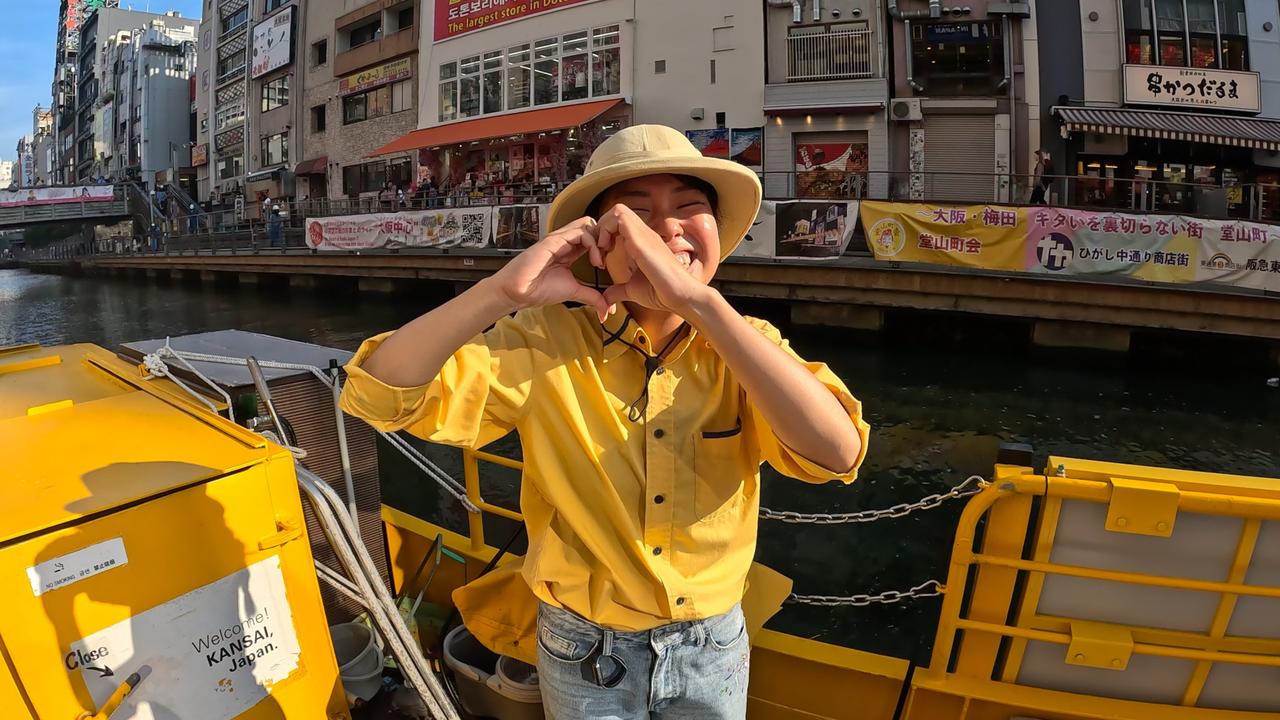
Andy Marsden, who has a Japanese mother and Australian father, has lived in Japan for the last 14 years.
He had the job of herding myself and six other Australians around Shinsekai one night – a neighbourhood that gives you a glimpse of retro Osaka street life.
He started food tours in the city about a decade ago just by taking friends around and now has 27 guides working for him at his business, Osaka Food Tours.
As we wove in and out of small local restaurants, laughing over food we were tasting for the very first time and learning about the culture, Andy was constantly checking his watch.
He did well to ensure we adhered to a strict schedule until at four minutes past the hour, his phone rang; it was our final restaurant asking where we were.
“Even being like one minute late, even just meeting up with your friends, it’s so undesirable – and disrespectful as well,” he later explained.
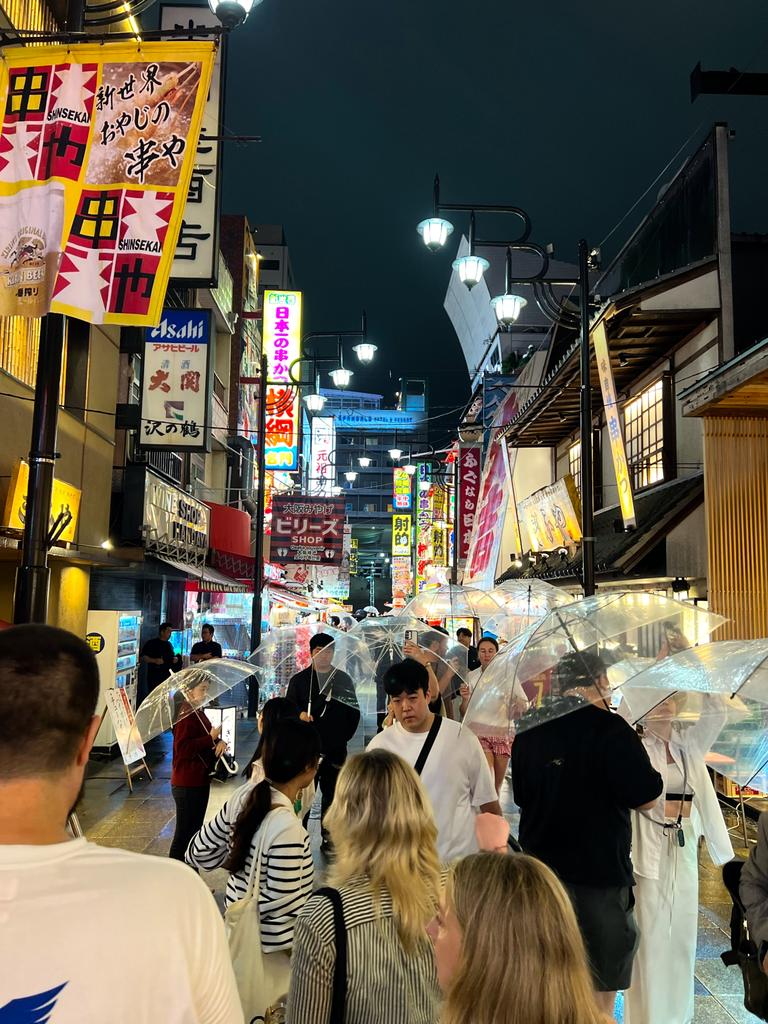
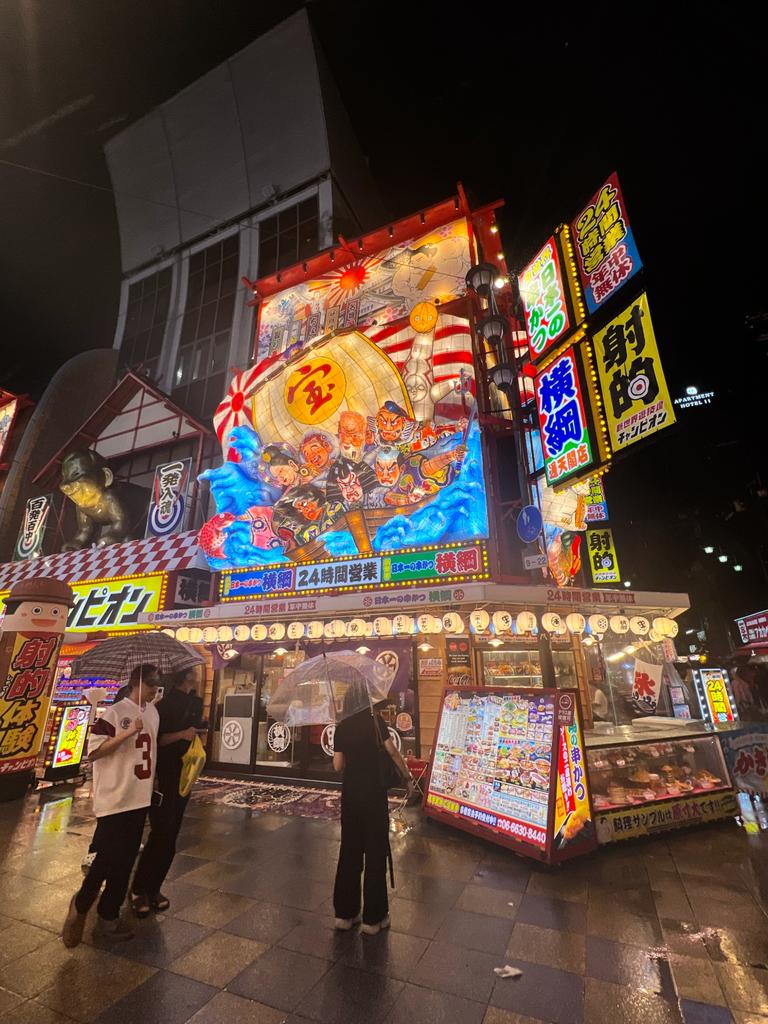
He recalled times where he had sprinted to his destination simply to avoid keeping someone waiting.
“In the eyes of Japanese people, it’s unacceptable,” he said.
And it is a cultural value foreign tourists often get wrong.
“When you make a reservation, it’s your promise,” Andy said. “So I made a reservation here and we were four minutes after that time and they gave me a call. That’s why throughout this journey tonight I always kept my eye on the time.”
Aussies are obsessed with Japan
In the first six months of this year, about 462,000 Australians visited Japan – a big jump on the 327,000 that visited pre-pandemic in the first six months of 2019, according to data from the Japan National Tourism Organisation.
One factor driving tourism is affordability, with the Australian dollar strong against the Japanese yen.
A meal at one sushi restaurant cost me less than $10 and included five plates of sushi (two to four pieces on each plate), miso soup and soy sauce flavoured fries.
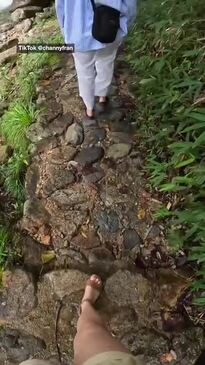
Travel Money Group general manager Scott McCullough explained: “We’ve essentially seen an AUD for 100 yen match when exchanging currency.”
There was even a period mid year where the Australian dollar was outperforming the yen.
“Currently 1 AUD is buying roughly 97 yen. Compare this to five years ago where 1 AUD was buying around 74 yen, and you’ll see why it’s such a great time to take advantage of the exchange rate and head to Japan,” Mr McCullough said.
“To put this into context, if you were gearing up for snow season in 2019 and needed JP¥100,000, it would have cost you AU$1,250, but with today’s rates it’ll only cost you AU$1,031.
“To get the best deal, our advice is always to keep a close eye on exchange rates or talk to a foreign exchange expert so you can load your currency card or exchange cash when the Yen is at its best.”
Aussies also have access to cheap flights with budget airline Jetstar operating up to 25 flights a week to the country, flying direct to Osaka from Cairns, Brisbane and Sydney, and Tokyo from Cairns and Brisbane.
The cheapest Cairns-Osaka one-way airfares on sale this week start from $285 for travel between April and August, while Brisbane-Osaka seats start from $373.
The best Sydney-Osaka fares are available for travel between May and July, starting from $404.
Jetstar CEO Stephanie Tully recently told news.com.au the airline was expecting a “really busy” period of Aussies flying to Japan between December and March for the ski season.
She is keen to expand the destinations Jetstar can fly direct to.
“I’d love to be able to fly directly into Sapporo rather than go via Narita [Tokyo],” she said.
This writer travelled to Japan as a guest of Jetstar




